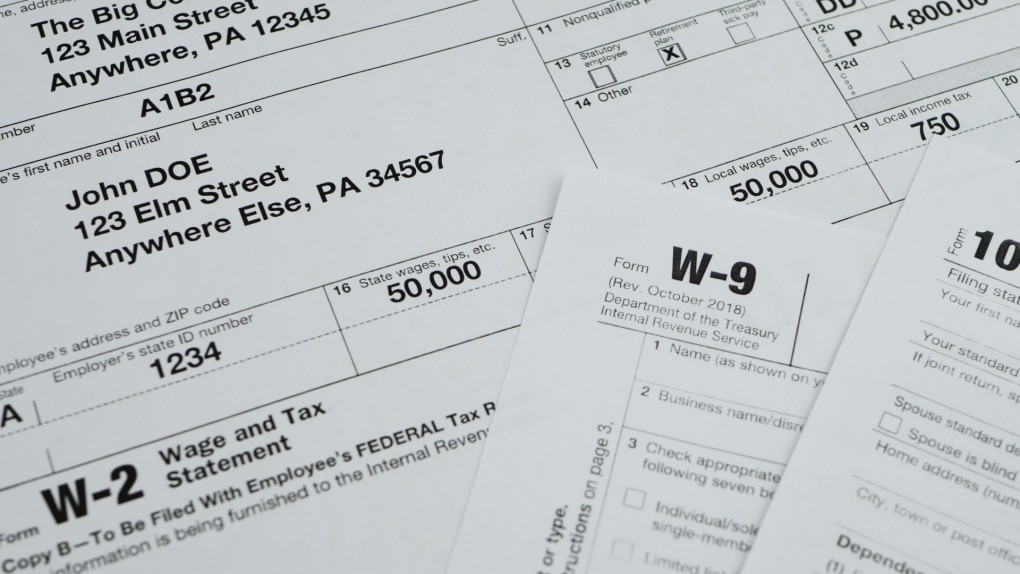Aug 19, 2022

IRS Tax Tip 2022-117, August 2, 2022
A business might pay an independent contractor and an employee for the same or similar work, but there are key legal differences between the two. It is critical for business owners to correctly determine whether the people providing services are employees or independent contractors.
An employee is generally considered anyone who performs services, if the business can control what will be done and how it will be done. What matters is that the business has the right to control the details of how the worker's services are performed. Independent contractors are normally people in an independent trade, business or profession in which they offer their services to the public.
Whether a worker is an independent contractor, or an employee depends on the relationship between the worker and the business. Generally, there are three categories to considerPDF.
Misclassifying workers as independent contractors adversely affects employees because the employer's share of taxes is not paid, and the employee's share is not withheld. If a business misclassified an employee, the business can be held liable for employment taxes for that worker. Generally, an employer must withhold and pay income taxes, Social Security and Medicare taxes, as well as unemployment taxes. Workers who believe they have been improperly classified as independent contractors generally must receive a determination of worker status from the IRS. Then they can use Form 8919, Uncollected Social Security and Medicare Tax on WagesPDF to figure and report their share of uncollected social security and Medicare taxes due on their compensation.
The Voluntary Classification Settlement Program is an optional program that provides businesses with an opportunity to reclassify their workers as employees for future employment tax purposes. This program offers partial relief from federal employment taxes for eligible businesses who agree to prospectively treat their workers as employees. Businesses must meet certain eligibility requirements and apply by filing Form 8952, Application for Voluntary Classification Settlement Program (VCSP), and enter into a closing agreement with the IRS.
Generally, someone is self-employed if any of the following apply to them.
Self-employed individuals, including those who earn money from gig economy work, are generally required to file an tax return and make estimated quarterly tax payments. They also generally must pay self-employment tax which is social security and Medicare tax as well as income tax. These taxpayers may qualify for the home office deduction if they use part of a home for business.